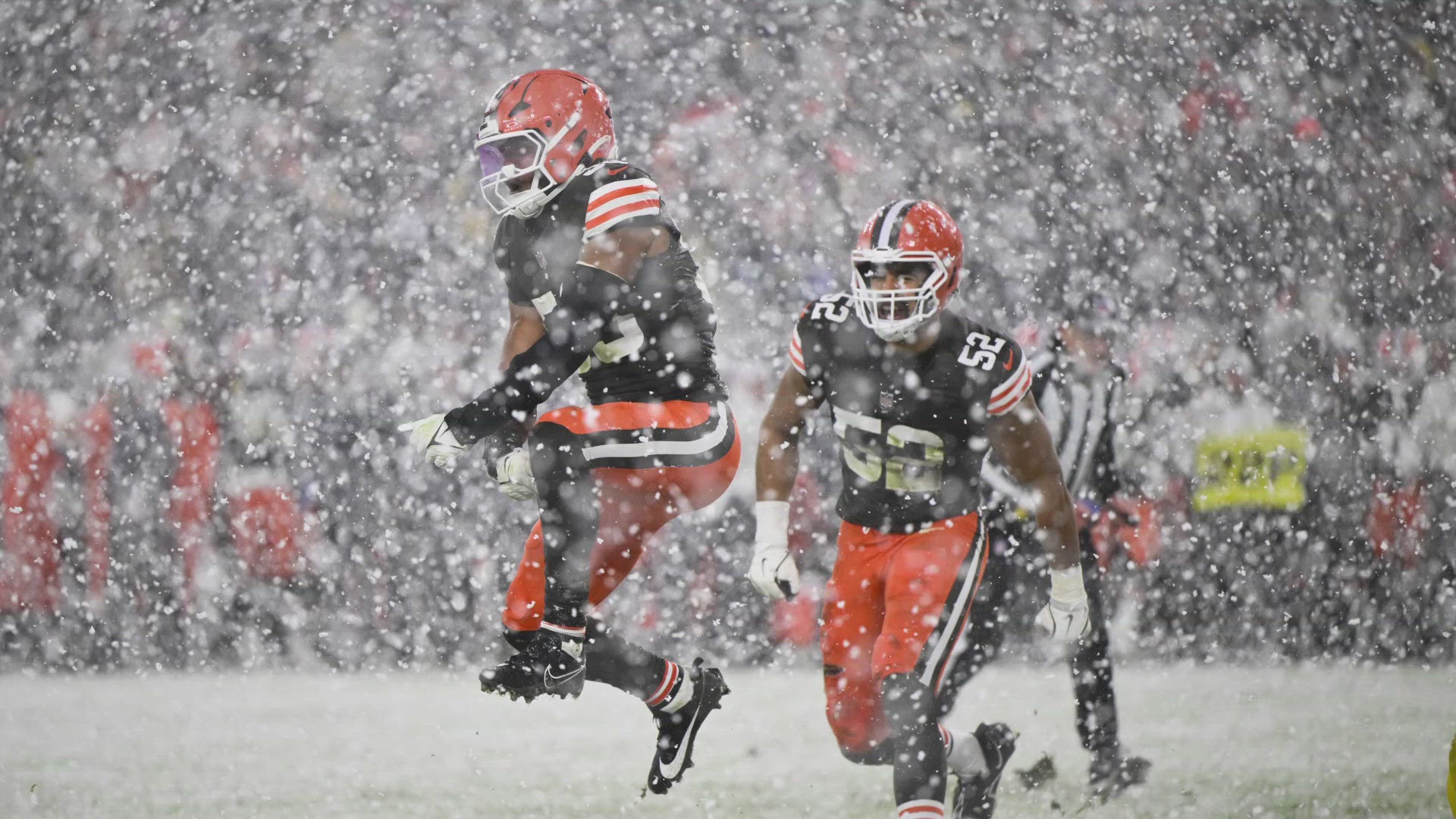CLEVELAND — What will general manager John Dorsey do in his first coaching search with the Cleveland Browns?
That is a question that will be answered over the next several weeks as the Browns will go through interviews with candidates, and the only one known right now is current interim coach/defensive coordinator Gregg Williams.
Despite leading the Browns to a 5-3 record over the second half of the 2018 season, Williams reportedly has not made enough of an impression to retain the job going forward.
“Even after the surging second half of the season, Browns interim coach Gregg Williams isn't considered a front-runner or anything close for the full-time job,” NFL Network’s Ian Rapoport said earlier this week. “He will, however, receive an interview.
“Cleveland is expected to cast a wide net and has no mandate to keep both coordinators, despite their success. Either way, Freddie Kitchens has earned the right to be a coordinator somewhere.”


Whatever truth there is to the reports, here are three reasons why the Browns should retain Williams as head coach:
RALLIED PLAYERS IN FACE OF ADVERSITY
At 2-5-1 following a 33-18 loss to the Pittsburgh Steelers on October 28 and in the middle of an unprecedented midseason coaching staff upheaval following the dismissals of Hue Jackson and offensive coordinator Todd Haley, the 2018 Browns looked to be anything but a team capable of the greatest year-to-year turnaround in franchise history.
But a 5-3 record over the second half of the season and a three-game winning streak in December secured the Browns’ greatest turnaround in team history, as they finished plus-7.5 in victories over last year’s winless campaign.
Also, with a 26-18 victory over the Cincinnati Bengals at FirstEnergy Stadium on December 23, the Browns finished off their first regular-season sweep of an AFC North Division opponent since 2002.
In addition to breaking a 16-year drought of two wins in the same season against the Bengals, the Browns finished the home portion of the schedule against AFC North Division opponents without a loss for the first time ever.


INCREASED DISCIPLINE
The Browns were one of the most penalized teams in the NFL over the first eight games of the 2018 season.
Under former coach Hue Jackson, the Browns were assessed 65 penalties for 511 yards, including high-water marks of 14 flags for 114 yards in a 26-23 overtime loss to the Tampa Bay Buccaneers at Raymond James Stadium in Week 7. In two other games under Jackson this season, the Browns were flagged 10 or more times.
With Williams, the Browns were penalized 47 times for 383 lost yards, meaning the team dropped their average infractions per game from 8.125 to 5.875 following Jackson’s dismissal in late October.


RISE IN PRODUCTIVITY
Prior to the coaching change, the Browns averaged 21.1 points per game on offense, but were outscored by an average of more than five points per contest.
Once Williams took over, the Browns showed improvement in points per game scored and allowed. The Browns averaged 23.75 points per game, up by more than 2.5 points. Defensively, the Browns allowed 22.75 points per game, which were 3.5 fewer than allowed over the first half of the season.
The Browns made those improvements while competing against three playoff teams over the final eight games of the season.



